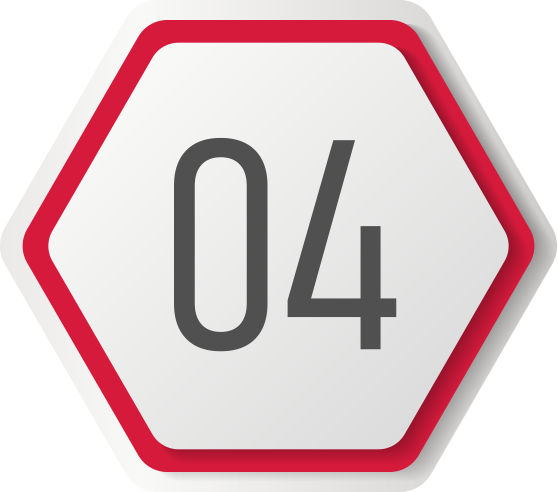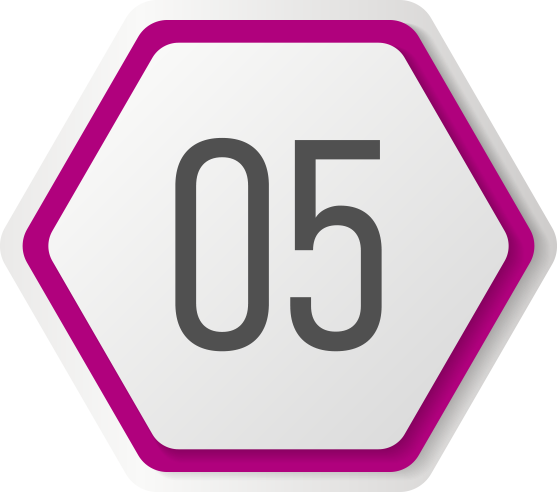Prevention: Teen
Your Future Matters, Choose What is Best for You!Tips to Reduce Teen Drug & Alcohol Use
You can do a lot to help yourself and friends be healthier by reducing teen drug and alcohol use in your school and community. Here are some tips to get you started:

Choose not to drink alcohol or use drugs.
- Decide that drugs and alcohol aren’t for you — and stick to your decision.
- Think about ways to turn down drugs and alcohol before you are faced with the choice. Role-play how you might respond to peers if they ask you about your choice or offer you drugs.

Involve your parents (or another trusted adult) in your choice.
- Ask for their help staying substance-free. This could include creating a pre-set word that let them know you need help in an uncomfortable situation, and the expected response from them in that situation (a phone call, a ride home, or something else that you agree to prior)

Find peers that are making the same decision as you about drugs and alcohol.
- Positive peer pressure, from friends who are making healthy choices, can encourage you to remain strong with your choice to be substance-free.
- Be clear with any friends that are making a different choice that they will not sway your decision. If you feel uncomfortable with the choices your friends are making, take a break from them for a while. You can always go back if you feel more comfortable later.
Tips for Teen Driving

Slow Down.
Teens are far more likely than older drivers to drive at unsafe speeds, with speed being a factor in 52% of fatal crashes with a teen behind the wheel. Always obey the speed limit and follow the “3 second” rule between you and the vehicle in front of you.

Do not drink and drive.
25% of all fatal teen car accidents involve an underage drinking driver, with just under 4,800 people being killed from teenage drinking each year. Never under any circumstances get behind the wheel if you have been drinking. Likewise, if you are a parent, do not let your teen drink until they turn 21.

Avoid nighttime driving.
Approximately 58% of teen nighttime crashes occur between the hours of 9 p.m. and midnight. Avoid night time trips during your first year of driving and focus on driving during the day to build experience and situational awareness.

Put the cell phone away.
A driver’s risk of a car accident is roughly 400% higher when using a cell phone behind the wheel. Shockingly, 1 out of every 3 teens say they text or email while driving. If your teen has just received their license, it is imperative you instill a strict no cell-phone rule while driving and eliminate all distractions.

Wear a seatbelt.
Only 65% of teens consistently wear a seatbelt as a driver or passenger. Wearing a seatbelt every time is by far the most effective way to reduce fatal teen accidents.
Watch Our Videos to Learn More
Learn more and share the facts with your friends.
Often, we have been given outdated or incomplete information. Knowing the current facts can make a difference.
Tobacco/ vaping facts and information
For help quitting vaping/ tobacco
Marijuana facts and information
- https://www.drugabuse.gov/publications/marijuana-facts-teens/letter-to-teens
- https://teens.drugabuse.gov/drug-facts/marijuana
Alcohol facts and information
Prescription medication misuse (taking medications not intended for you, or in ways not prescribed)
- https://teens.drugabuse.gov/drug-facts/prescription-drugs
- http://headsup.scholastic.com/students/a-dangerous-mix
- http://headsup.scholastic.com/students/prescription-pain-medications-what-you-need-to-know
Illicit drug use- cocaine, methamphetamines, heroin/opioids
Other Resources:
- Check out these drug FAQs. (https://abovetheinfluence.com/faqs/)
- Get Involved. Does your school have a prevention club? If not, you can help start one! We’re here to help you if you are interested. Email Brandon at bmilton@townofware.com.
- Contact us, let us know that you are interested in helping your peers make healthy choices!
- Check out upcoming events in your community.
- Get inspired by what other teens are doing to help – check out these groups.
- The 84 Movement https://the84.org/
- Above The Influence https://abovetheinfluence.com/
- The Herren Project Club https://herrenproject.org/prevention/
If you have a loved one who has a substance use disorder :
More than 1 in 4 children have a parent with addiction to alcohol or drugs, you are NOT ALONE!
Please remember the 7 C’s:
You didn’t Cause it. You can’t Cure it. You can’t Control it. But you can Take better Care of yourself by Communicating your feelings, Making healthy Choices & Celebrating yourself!
Parent-Teen Driving Pledge
Start the conversation and help maintain Safer Teen Driving in the Quaboag Hills.
Having regular conversations about safety, practicing driving together, and leading by example go a long way in ensuring your teen makes smart decisions when they get behind the wheel.
Having a Parent-Teen Driving Pledge that puts your rules in writing to clearly set expectations and limits can help. Work with your teen to outline hazards to avoid and consequences for breaking rules. Keep it on the fridge and update it as your teen gains experience and more driving privileges.
What We Say and How We Say It Makes a Difference
We all can help to lead the way toward ending the opioid epidemic by using language that de-stigmatizes the disease of substance use disorder. JOIN US and TAKE THE PLEDGE to stop the stigma associated with addiction.
- We pledge to treat all people with a substance use disorder with dignity and respect.
- We pledge to talk about addiction as a chronic illness, not a moral failing.
- We pledge to be leaders in reducing stigma and promoting recovery from this disease.
WORDS MATTER! And please remember, we’re here to help.

For information on dealing with a parent who is using drugs or alcohol.
https://nacoa.org/wp-content/uploads/2018/04/Its-Not-Your-Fault-NACoA.pdf
https://al-anon.org/newcomers/teen-corner-alateen/
Get Involved Today!
Are you interested in getting involved in Quaboag Hills Substance Use Alliance? Contact us today to learn more and get involved!
